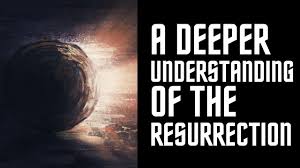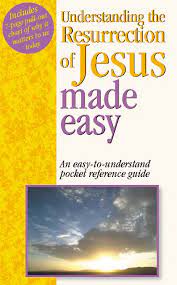Who’s in control?
On a scale of one to five, how do you feel? With one, being “totally overwhelmed” and five, being “confidently optimistic”? Do you feel like your life is slowly slipping away?
Well join the club! Many of us feel that the life we had planned is being delayed or demolished as a result of the pandemic, the economy, and the social/political gridlock we find ourselves in. Disruptions, interruptions, and conflicts seem to be intensifying rather than diminishing.
The Mental Health Association researched the impact of living in our “new normal”. Here is a brief sampling of some of their findings:
-
- The number of people looking for help with anxiety and depression has skyrocketed. From January to September 2020, 315,220 people took the anxiety screen, a 93 percent increase over the 2019 total number of anxiety screens. 534,784 people took the depression screen, a 62 percent increase over the 2019 total number of depression screens.
- The number of people looking for help with anxiety and depression has skyrocketed. From January to September 2020, 315,220 people took the anxiety screen, a 93 percent increase over the 2019 total number of anxiety screens. 534,784 people took the depression screen, a 62 percent increase over the 2019 total number of depression screens.
-
- Young people are struggling most with their mental health. The proportion of youth ages 11-17 who accessed screening was 9 percent higher than the average in 2019. Not only are the number of youth searching for help with their mental health increasing, but throughout the COVID-19 pandemic youth ages 11-17 have been more likely than any other age group to score for moderate to severe symptoms of anxiety and depression.
These statistics are alarming to say the least. However, they help us quantify the emotional toll and brokenness our nation must now address.
Striving to Cope
While we are striving to cope with what’s happening around us physically, we must recognize the impact to our mental health and well-being. As our world shifts, there is a way to not only cope and survive but also reclaim our life (Joel 2:25). We can begin to combat the mental trauma and stress we face by strengthening our spiritual resiliency.
Resiliency is the ability of an object to “rebound or spring back” to its original shape after being stretched or compressed. Spiritual resiliency, however, is more. It is about not only bouncing back but also gaining greater strength and capacity than originally possessed.
As believers, we understand that it is God in us (1 John 4:4) that provides us the ability to not only bounce back, but to come back even stronger than before (2 Cor. 4:16-18). God is greater than anything we may face today or tomorrow.
Life lived in God’s Presence
To build spiritual resiliency, we must put ourselves in the presence of God. The psalmist understood this when he confidently penned Psalm 139:7-10 (NLT).
I can never escape from your spirit! I can never get away from your presence! If I go up to heaven, you are there; if I go down to the place of the dead, you are there. If I ride the wings of the morning, if I dwell by the farthest oceans, even there your hand will guide me, and your strength will support me.
God’s presence offers extraordinary benefit and impact for believers for today and beyond.
First, knowing God is everywhere offers us great comfort. If we have learned one thing from this pandemic it is that we must watch for potential risks and dangers that may threaten us physically, financially, and socially. To know that we are never out of the presence of God should settle the faint-hearted. “God is our refuge and strength, a very present help in trouble. Therefore we will not fear.” (Ps. 46:1-2).
Secondarily, believers living in the presence of God possess great confidence knowing that He is ever-present. In these critical times, recognizing that the “only wise God” (Rom. 16:27) is there to guide and direct our steps, comforts our hearts, and eases our stress (Phil. 4:6-7). Our faith is strengthened because of who God is. In, out, or through the storm, we know we are not alone.
Finally, living in God’s presence provides us great clarity as to how we are to live during these tumultuous times (Titus 2:11-13). This acknowledgment requires that we live obediently according to His Word and under the direction of the Holy Spirit. Yes, even amid this pandemic! (Rom. 12:2; 1 Pet. 1:13-16; 1 John 2:16-17)
The Believer’s reality
Our worldview is based on the reality that we live in the presence of, under the authority of, and to the honor and glory of God. We know that God is the Creator and Sustainer of life. He has kept us in the past, is keeping us now, and will keep us in the future. (Ps. 3:5; Heb. 1:3)
In the presence of God we will find not only what we need to survive today but also prepare us for tomorrow. By acknowledging the presence of God, we can regain our life. We can move through the challenges we face mentally resilient, emotionally strong, and spiritually fit.
Will our lives ever be the same? Probably not. But our lives can be lived confidently and with hope (Ps. 42:5) because we know we are continually in God’s presence. Wherever we are, God is there with us. Therefore, we can move forward and begin to reclaim our lives. (Jer. 29:11)










